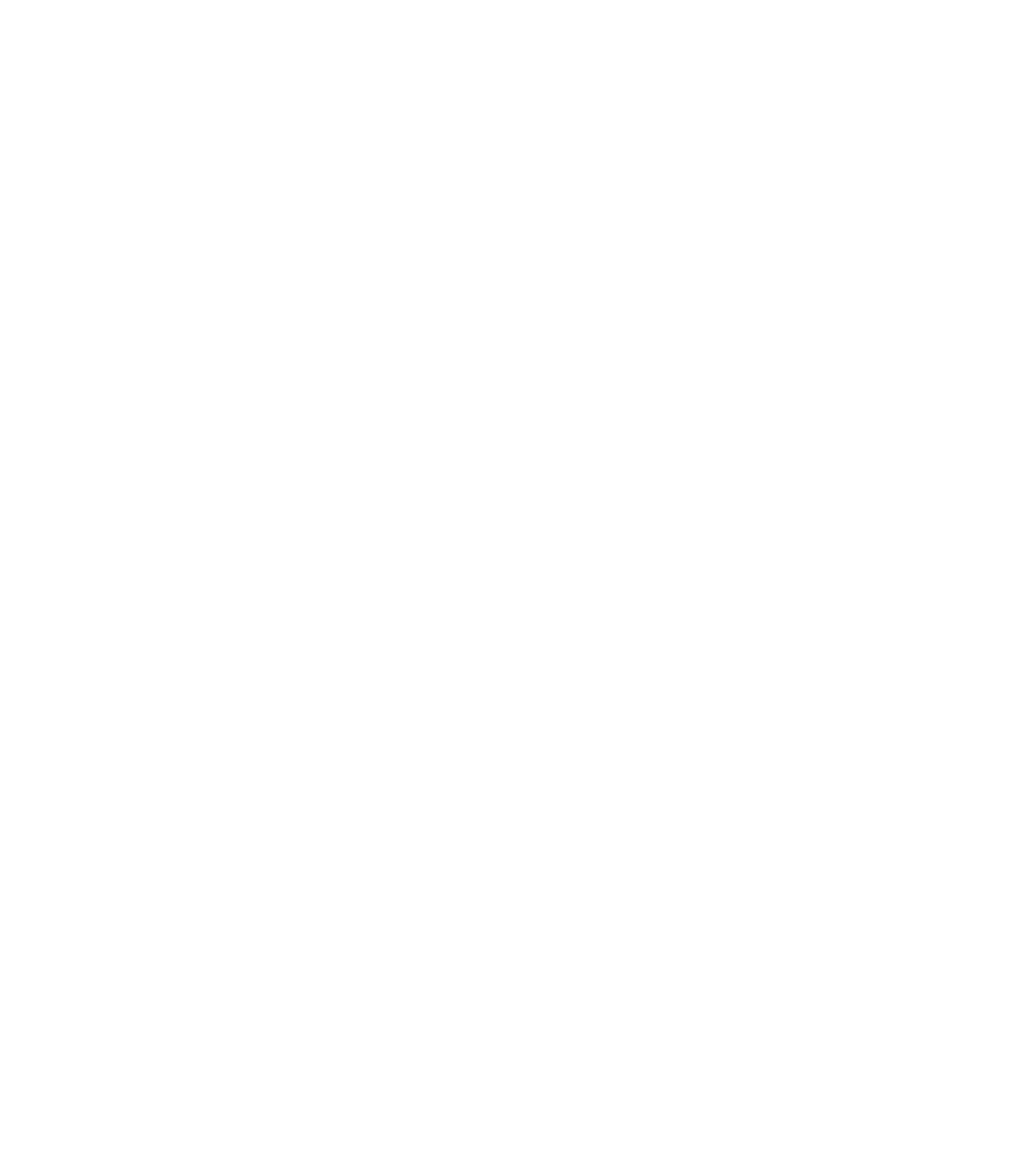A licensed professional counselor is a mental health care professional that can play a vital role in our lives, helping us navigate the challenges we face and supporting our emotional well-being. Licensed professional counselors, who offer a unique blend of expertise and therapeutic approaches. Understanding the distinctions between a licensed professional counselor and other therapists is crucial for finding the right mental health support. In this article, we will explore these differences and learn how licensed professional counselors stand out in the field of mental health care.
The Role of a Licensed Professional Counselor
A licensed professional counselor is a mental health professional who provides therapy and support for individuals, couples, and families experiencing various emotional, psychological, and behavioral issues. They are trained in assessing, diagnosing, and treating a wide range of mental health concerns. Licensed counselors typically work in private practice, community mental health centers, hospitals, and educational institutions.Education and Licensing Requirements for Licensed Professional Counselors
To become a licensed counselor, one must meet specific education and licensing requirements:- Obtain a master's degree in counseling or a related field
- Complete supervised clinical experience (usually around 2,000-4,000 hours)
- Pass a state licensing exam
- Participate in ongoing continuing education to maintain licensure and stay current with industry standards and best practices
Areas of Specialization for Licensed Counselors
Licensed counselors often specialize in specific areas to address the diverse needs of their clients. Some common areas of specialization include:- Anxiety and stress management
- Depression
- Relationship and family issues
- Trauma and abuse
- Substance abuse and addiction
Therapeutic Modalities Used by Licensed Professional Counselors
Licensed counselors employ various therapeutic modalities to address their clients' unique needs. Some common modalities include:- Cognitive-behavioral therapy (CBT)
- Dialectical behavior therapy (DBT)
- Solution-focused brief therapy (SFBT)
- Psychodynamic therapy
Importance of the Therapeutic Relationship
A strong therapeutic relationship is a critical component of effective mental health counseling. Licensed professional counselors strive to build a positive therapeutic alliance with their clients by fostering trust, understanding, and empathy. While other therapists also emphasize the importance of a strong therapeutic relationship, the unique training and background of licensed counselors enable them to connect with clients on a deeper level and facilitate meaningful change.How to Choose the Right Licensed Counselor
When selecting a licensed professional counselor, consider the following factors:- Location: Find a licensed counselor in Lehi, UT, or nearby areas to ensure accessibility and convenience.
- Specializations and expertise: Choose a counselor with experience and training in addressing the specific issues you are facing.
- Compatibility and rapport: A strong therapeutic relationship is essential for effective counseling, so it's important to find a counselor you feel comfortable with and trust.

